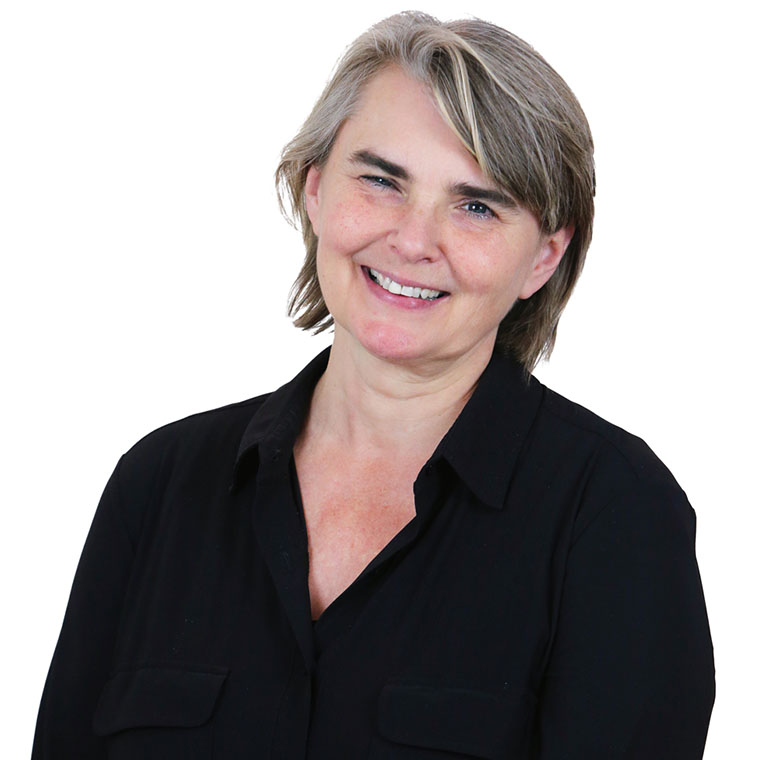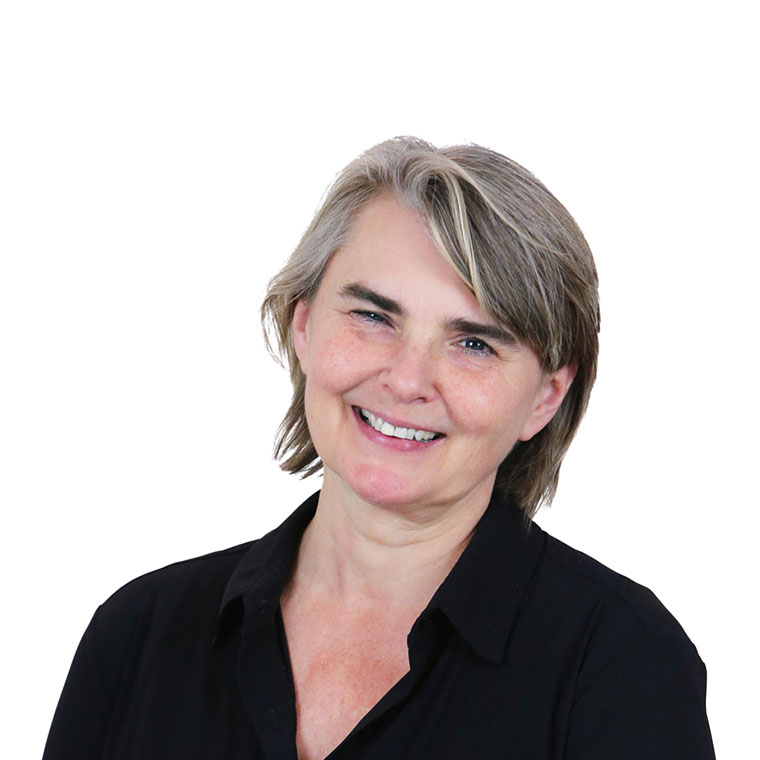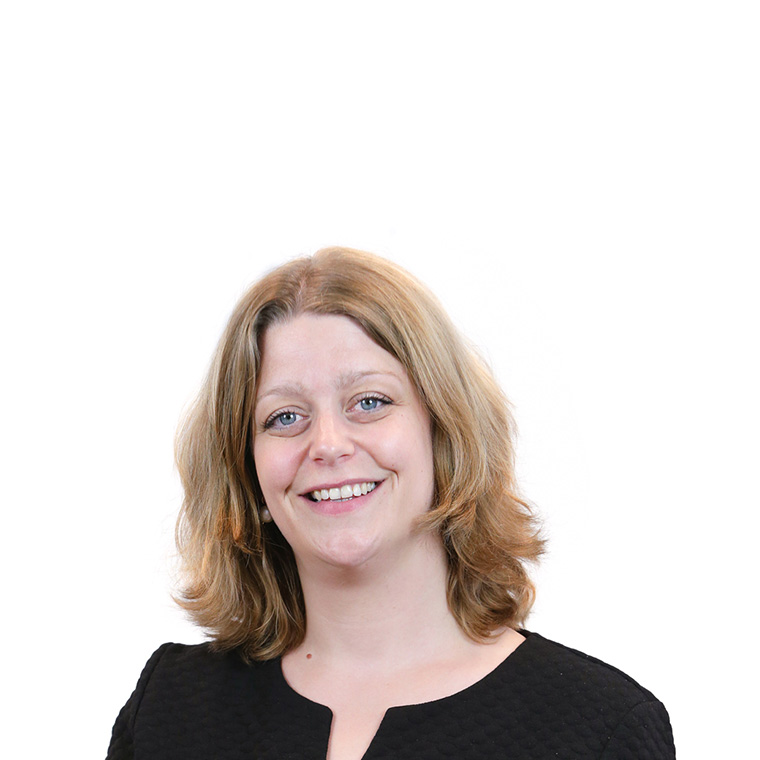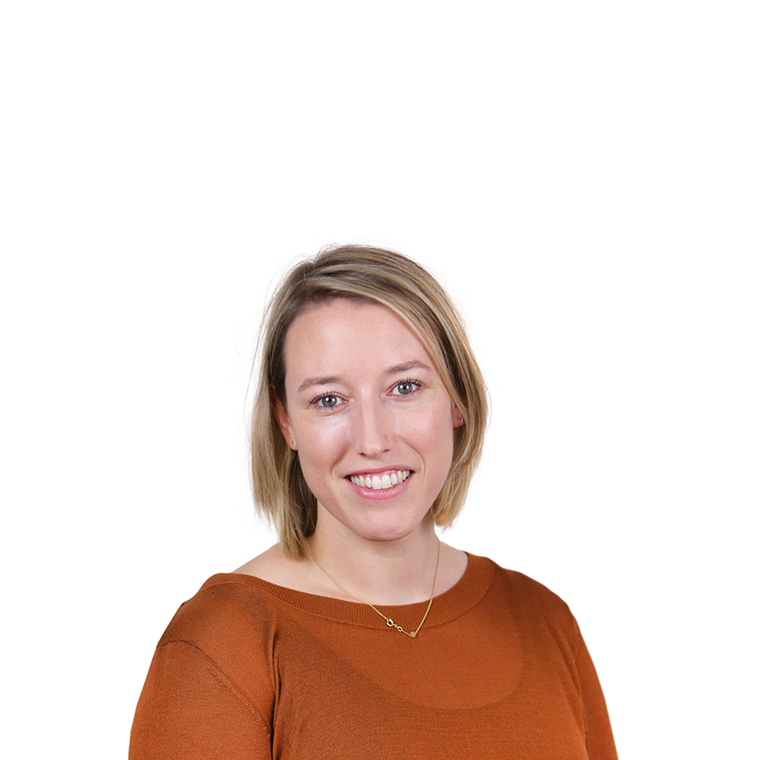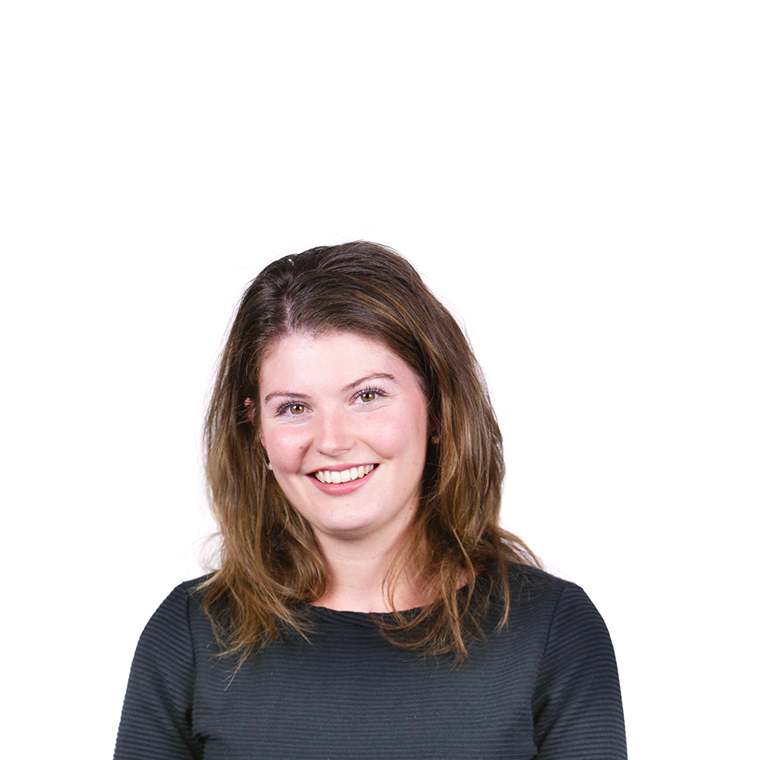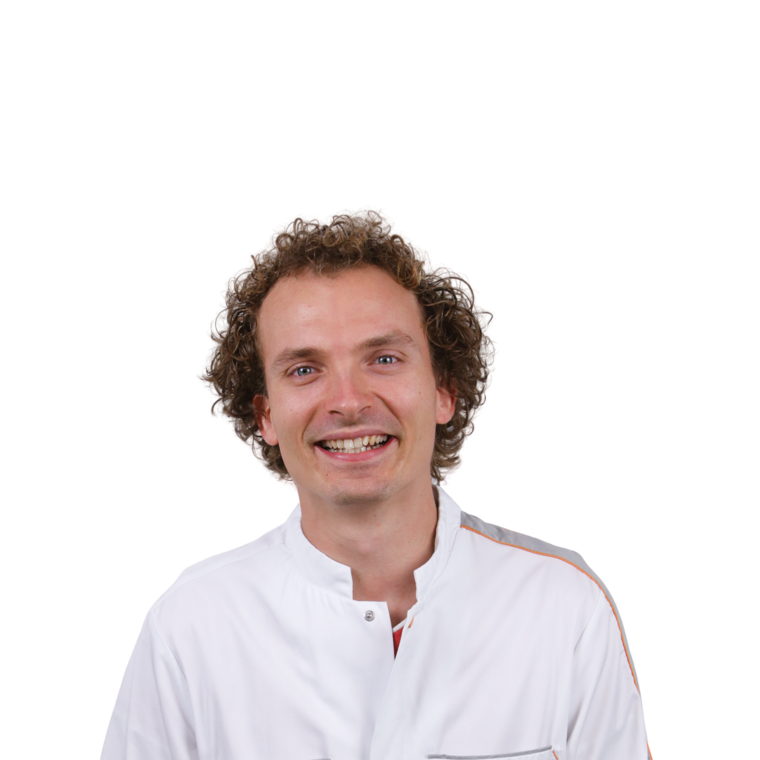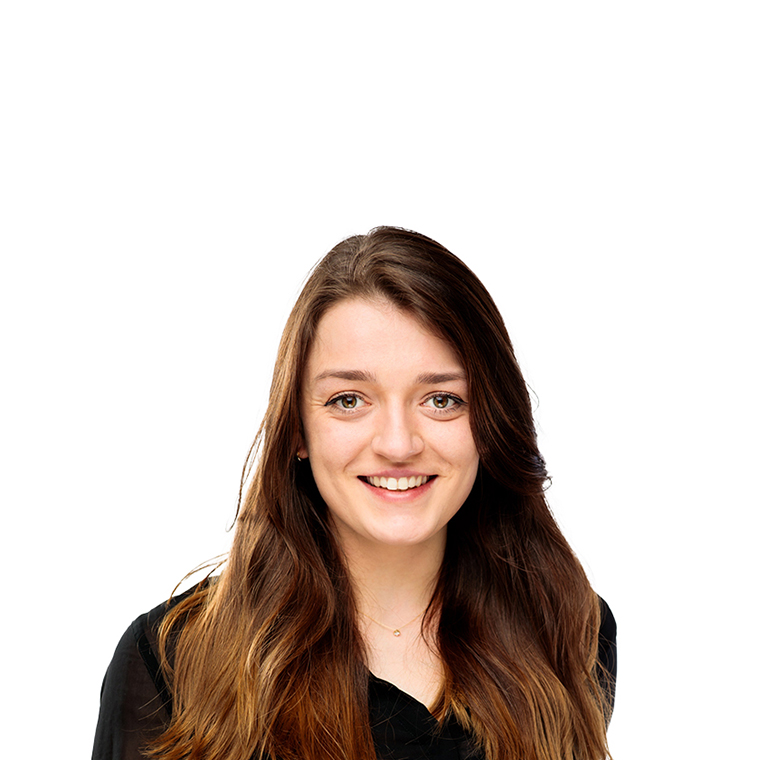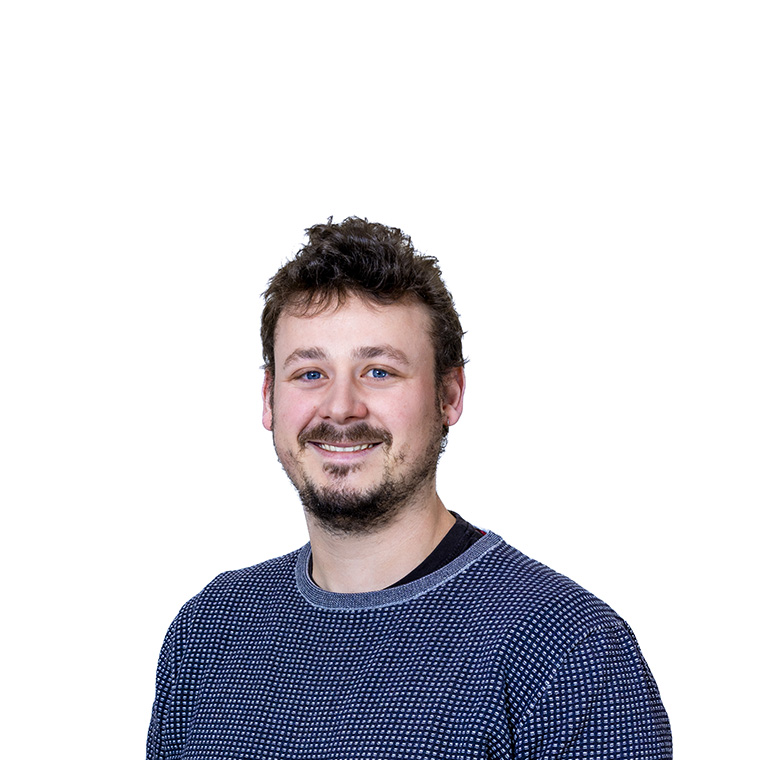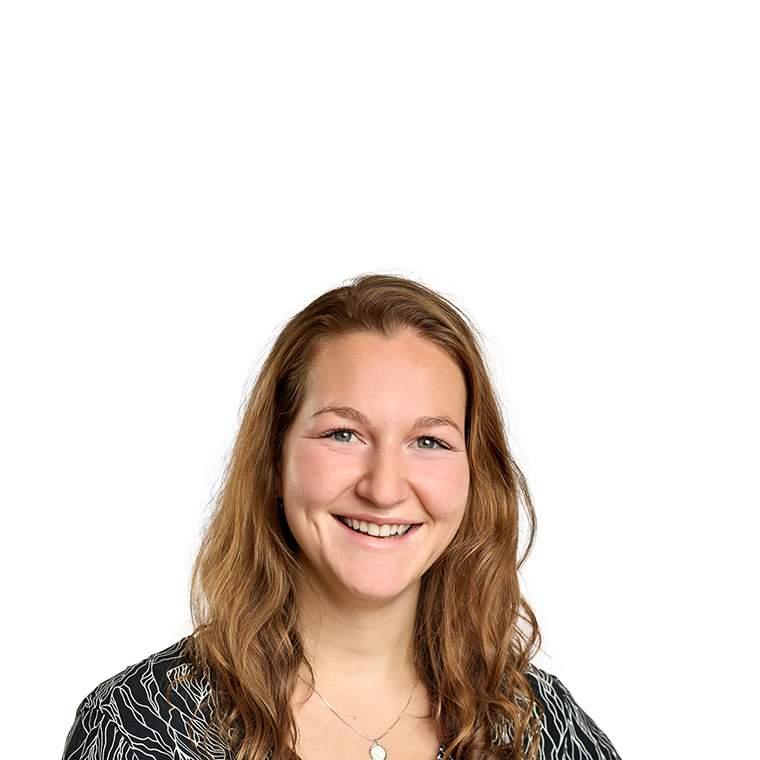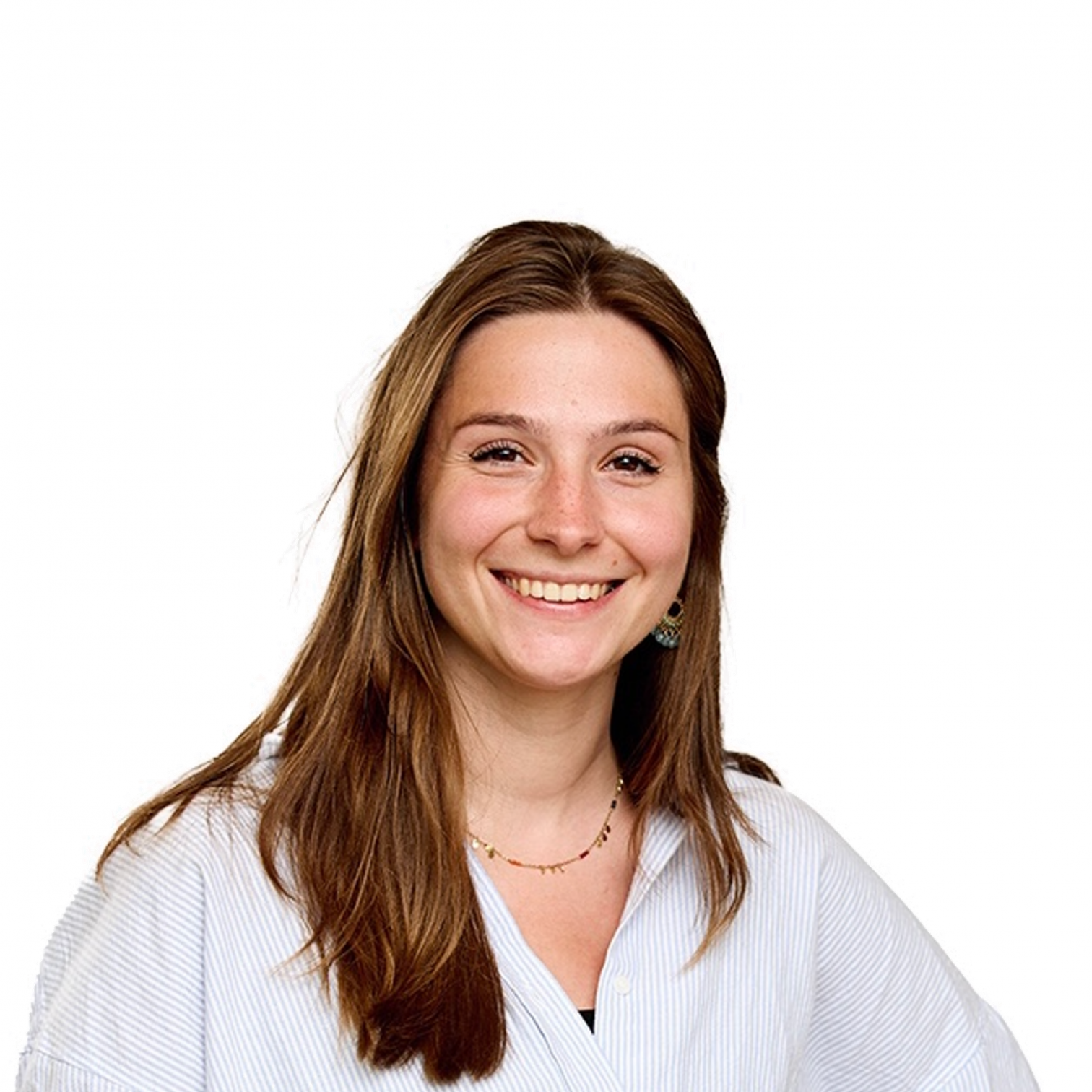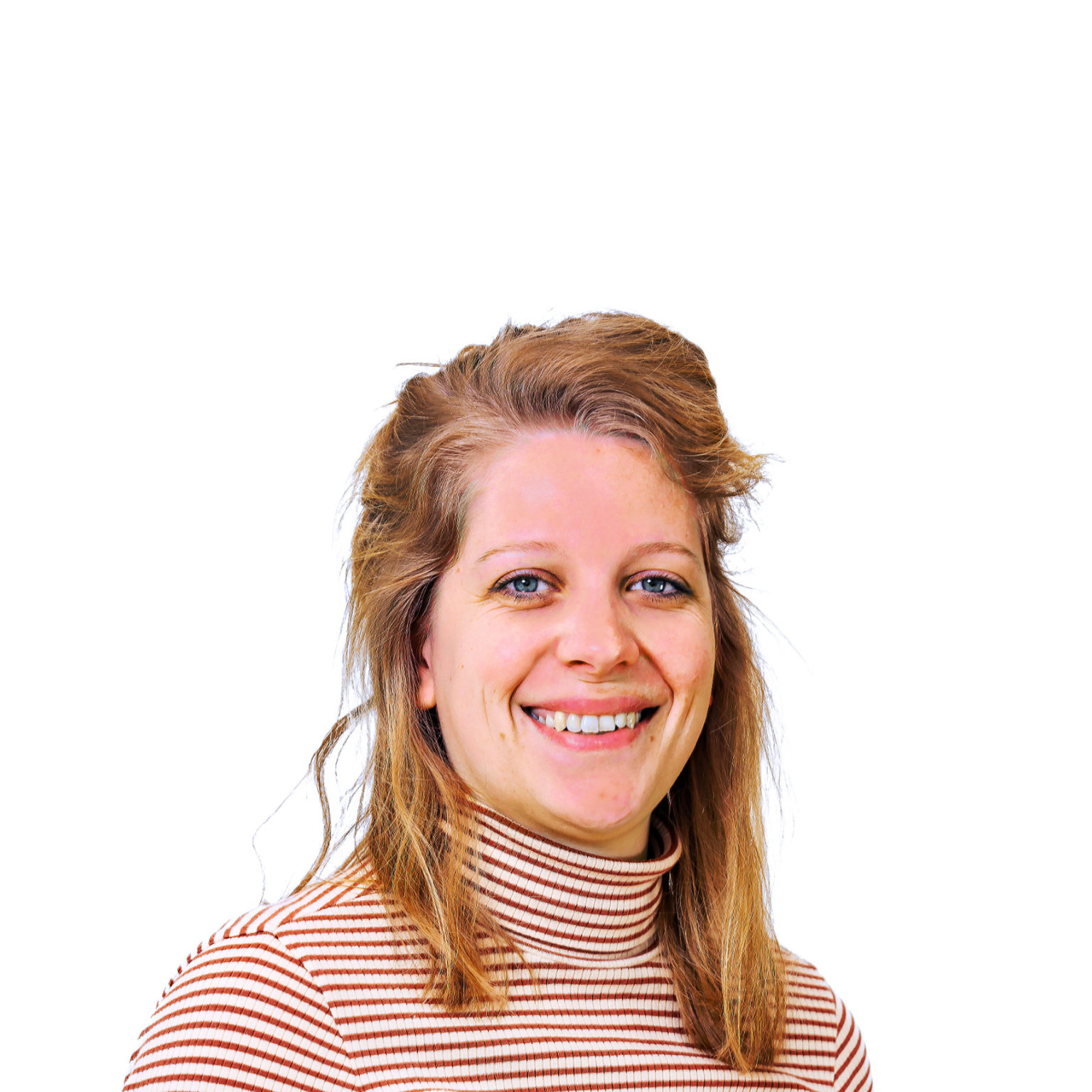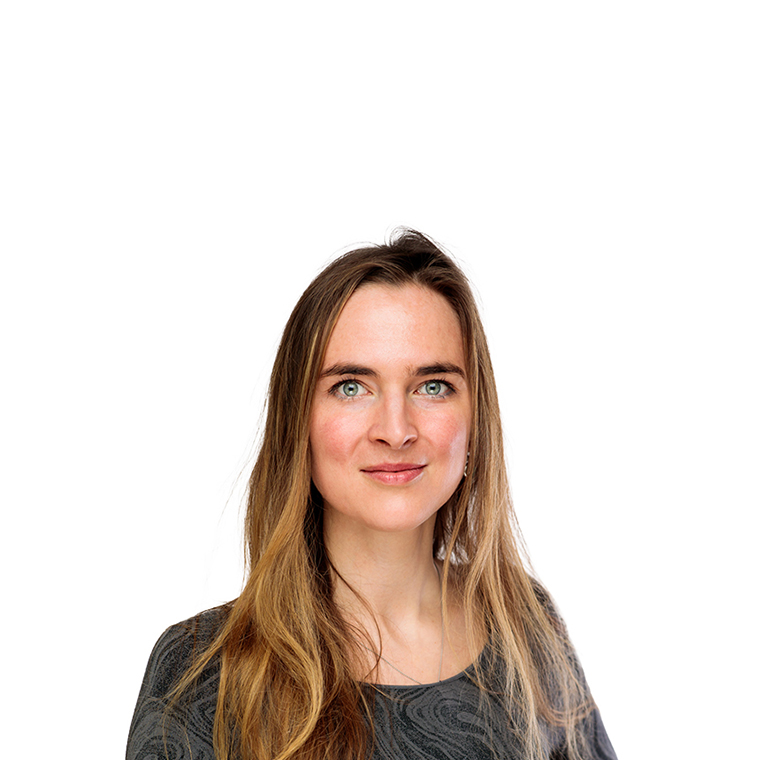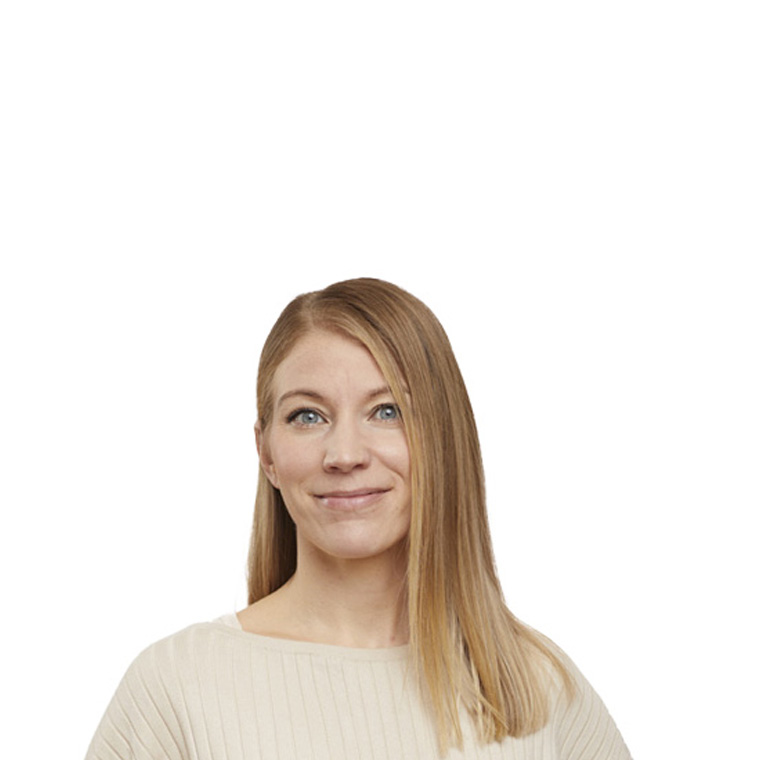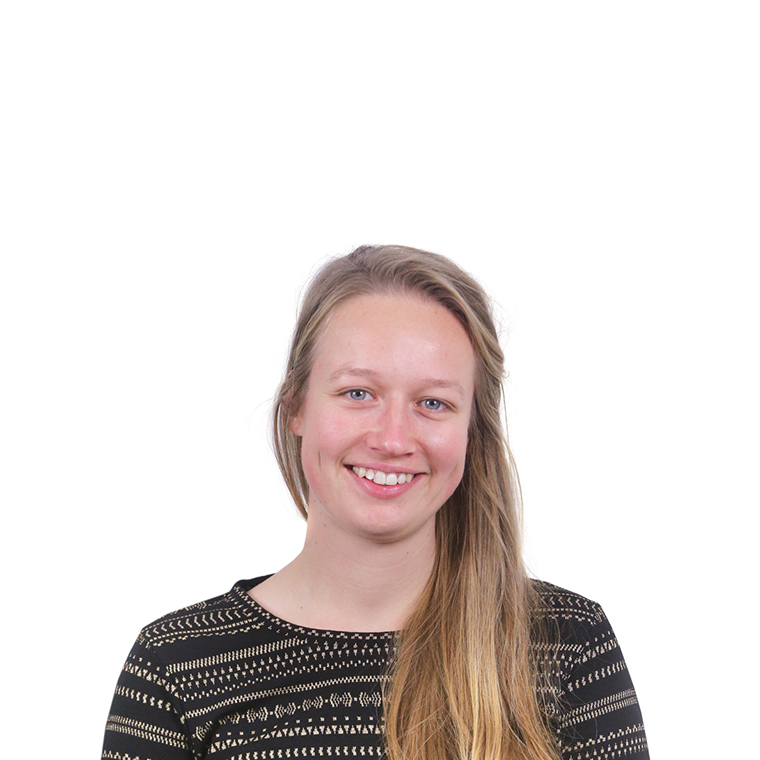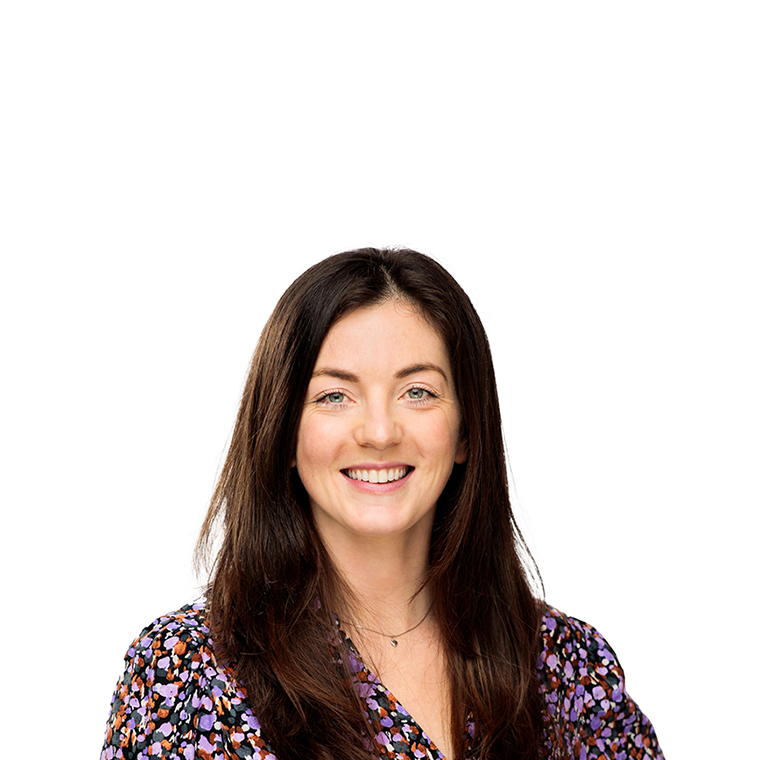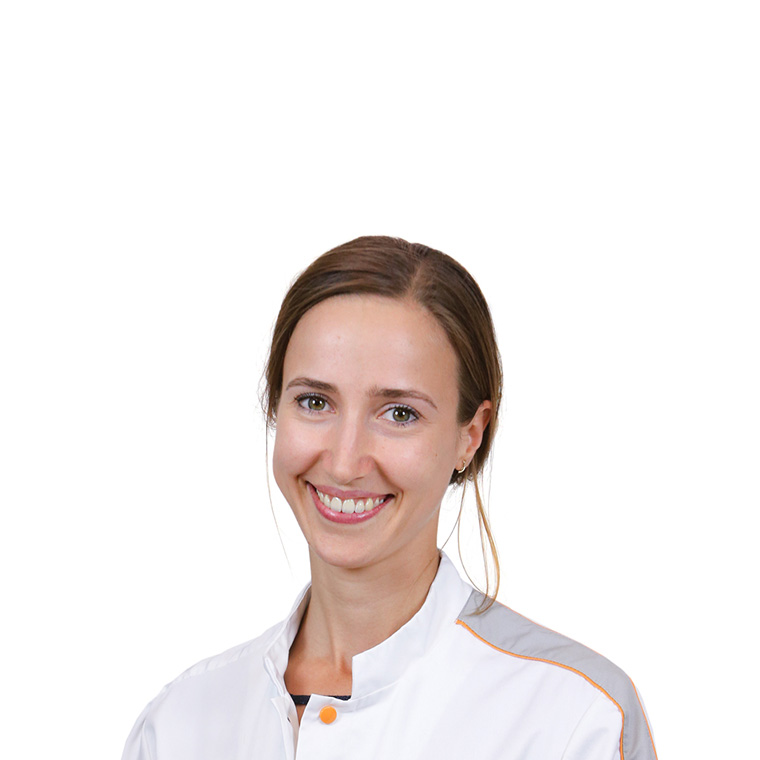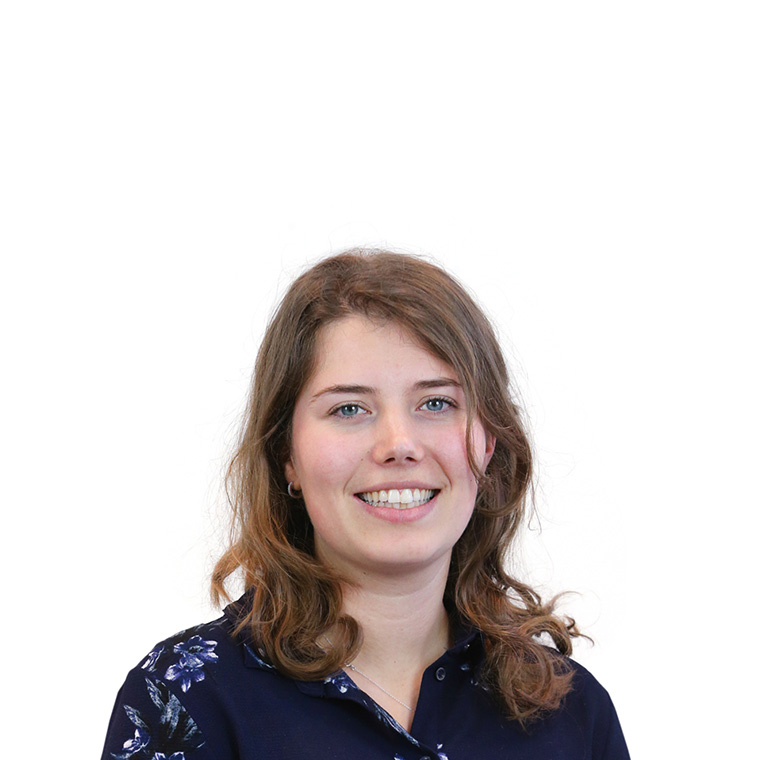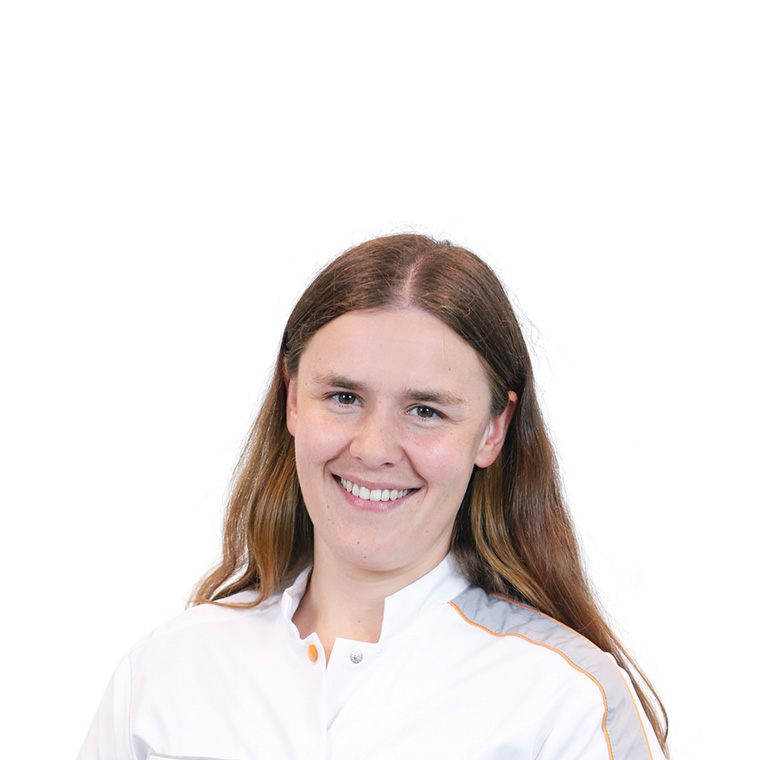Group leader: Prof.dr. Martha Grootenhuis
The development of the Princess Máxima Center for Pediatric Oncology with the main focus on improving survival and quality of life provides the opportunity to take a national, systematic approach to psychosocial care across the family, which has to be evaluated and studied upon effectiveness.
The diagnosis of cancer in a child is one of the most stressful events that can happen to a family. From birth till adulthood children are in a process of physical, cognitive, emotional and social development. Depending on the child’s developmental level special needs have to be met in the context of the family (parents, siblings), the medical context (type of diagnoses and treatment), but also the enlarged social environment (friends, school, health care workers). The whole family has the difficult task to adjust to a situation dominated by the stresses of long lasting uncertainty and uncontrollability. Paying attention to the child and family’s developmental trajectory is one of the core missions of the Princess Máxima Center for Pediatric Oncology.
(Neuro)psychological outcomes depend on risk and resilience factors- including family background and premorbid functioning, their coping-and social resources, but most of all on interventions which are provided in the medical context (e.g. psycho-education; preparation to medical procedures) as well as on individual level or in groups setting . Furthermore, the webbased KLIK portal, in which patient reported outcomes are fed back, has shown that communication in clinical practice results in more attention for psychosocial functioning, and satisfaction with care improved.
The development of the Princess Máxima Centre for Pediatric Oncology with the main focus on improving survival and quality of life provides the opportunity to take a national, systematic approach to systematic approach to psychosocial care and development of intervention for all family members, which has to be evaluated and studied upon effectiveness. A major goal of psychosocial research and practice is to decrease the burden of treatment and improve the quality-of-life of pediatric cancer patients, survivors, and their families across the lifespan. Great strides have been made in research about psychosocial outcomes and developing psychosocial interventions for the treatment of psychosocial outcomes in childhood cancer over the last three decades, but more remains to be done. The coming years new research projects will start and wherever possible available interventions will be adapted and implemented, and effectiveness will be evaluated.
Research will focus on:
- (neuro)psychosocial outcomes (quality of life; psychosocial distress) and determinants throughout the treatment trajectory
- evidence-based interventions: developing, testing, and implementation of innovative interventions
- appropriate questionnaire development
Prinses Máxima Centrum Foundation
Donations are regularly received trough the Princess Máxima Center Foundation. With gratitude the Grootenhuis group spends these donations, in collobaration with colleagues from psycho-oncological care, on research into improvement of care for children, siblings and parents. Notably, the Grootenhuis group contributed to a project aimed at supporting siblings by implementing VR glasses and a dummy MRI.
Grants
- Psychosocial risk screening across the trajectory of childhood cancer treatment - EU Butterfly program (2022)
- INTERcultural heAlth CommunicaTion in pediatric oncology: towards a better understanding of high quality of communication for all. The INTERACT pilot study (with Sasja Schepers). KIKA (2022). Article.
- Improving measurement of health-related quality of life using PROMIS validity and evaluation of clinical application. PROMIS study. KIKA (2022)
- IDENTIFY study. Identifying the course of fatigue and quality of life in childhood cancer: scientific insight and clinical application (with Raphaele van Litsenburg). KIKA (2021)
- REFLECT study: Reactions and Emotions of Families Linked to Exome sequencing in Childhood Cancer (together with Prof. dr. M. van den Heuvel-Eibrink en dr. Marjolijn Jongmans). KIKA (2021). News article.
- Raising awareness and discussing the burden of treatment in healthcare: development of a disucssiontool for healthcare providers and young people with a chronic condition. FNO together with NIVEL. (2020)
- Analysis of Diagnostic Interview in Pediatric Oncology (with Sasja Schepers). Irene Foundation (2020 & 2022)
- Parents’ understanding, views and experiences concerning genomic sequencing in a pediatric renal cancer research setting (Together with dr. M. van den Heuvel-Eibrink). KIKA (2019)
- Risk and protective factors of long-term psychosocial late effects in adult survivors of childhood: the DCOG LATER Psycho-oncology study (met Leontien Kremer). KIKA (2019)
- Reducing pain in children with cancer by use of a painmonitor via the internet (with Wim Tissing en Erna Michiels) ZONMW (2017). Article.
- The effectiveness of online cognitive behavioral therapy for insomnia compared to no intervention on sleep-efficiency in adolescent childhood cancer survivors (With dr. R. van Litsenburg en prof. dr. Gertjan Kaspers). KWF Young Investigator Grant (2017). Article.
- Exploring feasibility and potential effectiveness of a novel cognitive behavioral-based online group intervention for young adult survivors of childhood cancer – A Pilot Study: KIKA (2017). Article.
- Double blind placebo controlled randomized intervention study to validate the beneficial effect of hydrocortisone on dexamethasone-induced neurobehavioral side effects in pediatric acute lymphoblastic leukemia (with prof. dr. M. v.d. Heuvel-Eibrink). KIKA (2016). Article.
- Improving Childhood Cancer Care when Parents Cannot be There – Reducing Medical Traumatic Stress in Childhood Cancer Patients by Bonding with a Robot Companion. (samen met TU Delft & CWI en samen met prof. dr. Hans Merks - door KWF-STW (2016). Article.
- Young Investigator Award SIOP 2023 - Sebastian Bon
- Young Investigator Award SIOP 2023 - Hinke van der Hoek
- Young Investigator Award SIOP 2023 - Mala Joosten
- Young Investigator Award SIOP 2022 - Anne Maas
- Young Investigator Award SIOP 2021 - Marloes van Gorp
- Pediatric Psychology International Travel Award SPPAC 2020 - Mala Joosten
- Young Investigator Award SIOP 2020 - Niki Rensen
- International Collaboration Award 2020 - Christina Sharkey, Society of Pediatric Psychology (USA)
- Wolter Goeman Prijs 2014 - Martha Grootenhuis - National Association of Medical Psychology (LVMP). The Wolter Goeman prijs is awarded by the LVMP once in five years to someone who has made a significant contribution to development and advancement of clinical psychology in somatic health care.
Pediatric Psycho-Oncology
- Nelia Langeveld (AMC) – Cured of Cancer. From Childhood to Adulthood. Quality of Survival. May 2003. Click here.
- Bregje Houtzager (AMC) – Siblings of Pediatric Cancer Patients. Coping. Risk Factors and Psychological Health. May 2004. Click here.
- Heleen Stam (AMC) – Course of Life, Quality of Life and Coping of Survivors of Childhood Cancer. November 2007. Click here.
- Jantien Vrijmoet-Wiersma (LUMC) – Experiences after Bone Marrow Transplantation in Pediatric Oncology. January 2010. No link available.
- Vivian Engelen (AMC) – Monitoring Quality of Life in Pediatric Oncology Practice. October 2011. Click here.
- Eline Aukema (AMC) – Children with a Brain Tumour: Consequences for Children and Parents. April 2013. Click here.
- Marieke de Ruiter (AMC) – PRISMA: The Efficacy of Neurofeedback to Improve Attention and Memory Functioning in Childhood Cancer Survivors: a Randomized Controlled Trial. December 2016. Click here.
- Sasja Schepers (AMC) – IMPROVE: Implementation of Patient Reported Outcomes during Treatment using Internet. January 2017. Click here.
- Lisa Verberne (UMCU / Julius) – Experiences during Pediatric Palliative Care from Children, Parents and Healthcare Providers. August 2017. No link available.
- Charissa Jagt (AMC) – The Emma at Home team: Pediatric Palliative Care Provided by a Transmural Case Management Team. November 2017. Click here.
- Simone Sint Nicolaas (Radboudumc) – Resilience in Pediatric Oncology: Family Risk and Resilience Factors and Child Behavioral Adjustment. March 2018. Click here.
- Bas Vaarwerk (AMC) – Rhabdomyosarcoma Treatment; Surveillance and Feelings of Control of Parents. November 2019. Click here.
- Jojanneke van Kooten (VUMC) – Measuring Sleep in Children with Cancer. December 2020. Click here.
- Lindsay Steur (VUMC) – Sleep, Fatigue and Quality of Life in Pediatric Acute Lymphoblastic Leukemia (ALL). January 2021. Click here.
- Patricia d’Olivio (TU Delft) – Designing Tactful Objects for Sensitive Settings. June 2021. Click here.
- Niki Rensen (VUMC) – Sleep in Parents of Children with Cancer. November 2021. Click here.
- Loes van Erp (UU) – Managing Age-specific Challenges by Young Adult Childhood Cancer Survivors. September 2022. Click here.
- Kelly van Bindsbergen (AMC) – Innovations in Pediatric Oncology Care: Interactive Tools for Psychosocial Support for Children with Cancer and their Families during Treatment. June 2023. Click here.
- Julia Simon (UU) - From Research to Relief: Improving Children's Cancer Pain Management at Home Using Digital Health. September 2023. Click here.
- Annelienke van Hulst (UU) - Towards Beating Dexamethasone-Induced Side Effects in Children with Acute Lymphoblastic Leukemia. November 2023. Click here.
- Mala Joosten (UU) - Children with a Chronic Illness or Cancer: their Siblings and Parents: Psychosocial Group Intervention & Long-term Consequences. May 2024. Click here.
- Eva Kremer - Hooft van Huijsduijnen (UU) - The SUSPECT Study: Getting Insight Into Stress, Sleep and Cognitive Functioning. Improving Care for Children with a Brain Tumor. November 2024. Click here.
Pediatric Psychology
- Hennie Knoester (AMC) – Medical Consequences and Quality of Life for Children after a PICU Experience. November 2008. Click here.
- Marloes Bongers (AMC) – Course and Quality of Life of Young Adults who grew up with Encopresis since Childhood. October 2008. Click here.
- Madelon Bronner (AMC) – The Psychological Impact of Pediatric Intensive Care Treatment. June 2009. No link available.
- Janneke Hatzmann (AMC) – CARE: Parents of Children with a Chronic Disease. October 2009. Click here.
- Marieke van Dijk (AMC) – Behavioral Therapy for Functional Constipation in Childhood. Health-Related Quality of Life, Emotional and Behaviour Problems & Parental Child-rearing Attitudes. September 2011. Click here.
- Channa Hijmans (AMC) – Mind Matters in Pediatric Sickle Cell Disease. Evaluation of Neurocognitive Deficits, Behavioural and Emotional Problems and Health-Related Quality of Life. January 2012. Click here.
- Lotte Haverman (AMC) – KLIK- Measuring Quality of Life and Providing Feedback to the Physician of Children with JIA. March 2013. Click here.
- Liesbeth van der Sluijs Veer (AMC) – Intellectual Functioning, Quality of Life and Course of Life of Children and Young Adults with Congenital Hypothyroidism. June 2013. Click here.
- Linde Scholten (FPP-VU) – Samen op KOERS: Effectievness of a Cognitive-Behavioral Based Group Intervention for Children with Chronic Disease: a Randomised Controlled Trial. June 2013. Click here.
- Eefje Verhoof (AMC) – Consequences of Success in Paediatrics: Young Adults with Disability Benefits as a Result of Chronic Conditions since Childhood. May 2015. Click here.
- Lidwien Tjaden (AMC) – Patient Reported and Clinical Outcomes in Paediatric End Stage Renal Disease. Understanding Factors affecting Quality of Life, Access to Transplantation and Mortality. June 2015. Click here.
- Jan Pieter Marchal (AMC) – Growing Up with Down Syndrome – The developing Child and its Parents. March 2017. Click here.
- Perrine Limperg (AMC) – Living with Haemophilia. June 2017. Click here.
- Hedy van Oers (AMC) – Parent Reported Outcomes. Measure Development and Implementation in Pediatric Clinical Practice. September 2019. Click here.
- Els van Meijel (AMC) – Stress Following Accidental Injury in Children and Adolescents. November 2019. Click here.
- Merel van de Vlist (UU) – PRO-ACTIVE Study: Patient Reported Outcomes in Adolescents and Children with Chronic/life-threatening Diseases and Tailored InterVentions in a digital Environment (PRO-ACTIVE). September 2021. Click here.
- Maud van Muilekom (AMC) – Patient Reported Outcome Measures in Clinical Practice: From Implementation to Optimization. April 2022. Click here.
- Michiel Luiten (AMC) – Improving Feedback with Patient Reported Outcomes in Pediatric Clinical Practice Using PROMIS Questionnaires. October 2022. Click here.
- Eline Kochen (UMCU) - Preloss and Bereavement Care in Pediatrics. October 2023. Click here.


